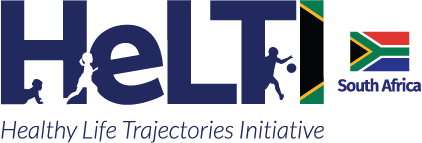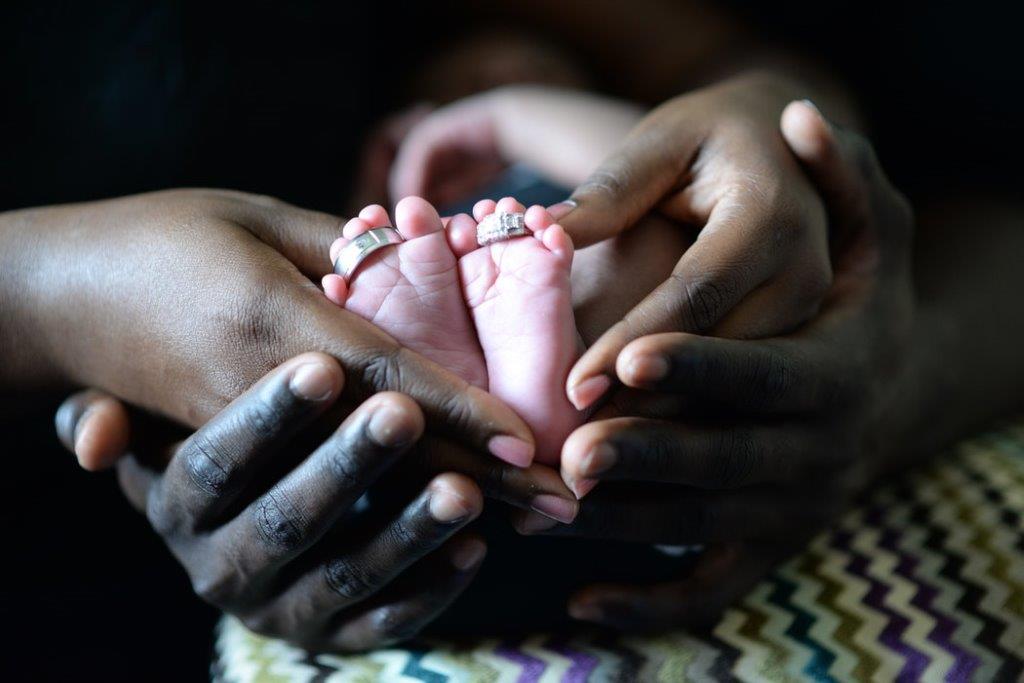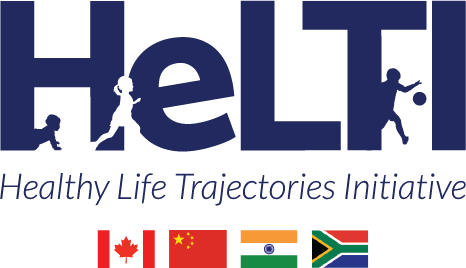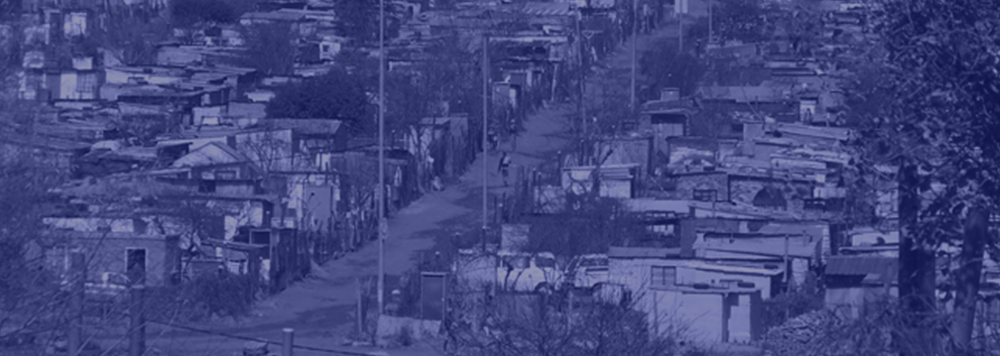Building Knowledge and a Foundation for Healthy LIfe Trajectories: The BUKHALI Study


Co-PI: Shane Norris

Co-PI: Stephen Lye

Co-PI: Rayjean Hung

Co-PI: Catherine Draper
Introduction: The Burden of Non-Communicable Diseases (NCDs)
The health, societal and economic burden of non-communicable disease (NCDs) is significant, increasing, and propagated by early life environments and later life adiposity, decreasing physical activity, increasing sedentary behaviour, poor dietary diversity, and intergenerational factors. The NCD burden falls heavily on low- and middle-income countries and this pattern is predicted to intensify dramatically in the near future. South Africa’s evolving burden of disease is complex due to:
(i) persisting malnutrition (infant stunting of 20%);
(ii) high prevalence of overweight and obesity (OWO) particularly among women; and
(iii) rising rates of NCDs such as type 2 diabetes (T2D).
The Need for Early Intervention
Global initiatives to mitigate adversity during the first 2000 days have resulted in significant improvements in maternal and child survival. However, the longer-term impact of interventions delivered from preconception to early childhood on child growth and social/cognitive development has been less clear. Therefore, there is a need to begin laying the foundation for healthy trajectories by optimising women’s health prior to and during pregnancy and reinforcing optimal health in the infant to offset obesity and cardiometabolic risk and improve cognitive development.
HeLTI South Africa Study: Bukhali
To address the need for early intervention, a multidisciplinary team of experts from South Africa and Canada has implemented a longitudinal analysis of how early-life exposures in the preconception period and during pregnancy, infancy and childhood impact life-long trajectories of health and development of children in South Africa. The study hypothesizes that an integrated intervention starting pre-conceptionally in women and at appropriate points across the lifecourse (pregnancy, infancy and childhood) will improve cardiovascular and metabolic health, reduce childhood adiposity and improve child development outcomes; ultimately reducing the risk of NCDs. The project tests the efficacy of interventions that address behavior change to improve diet and physical activity during preconception, and health during pregnancy; reduce perinatal depression, increase exclusive breastfeeding and improve parental nurturing care.
Key Outcomes and Measurements
- Primary outcome at age 5 years in the children is adiposity as measured by the Fat Mass Index
- Other key outcomes at 5 years in the children include:
- OWO rate as assessed by BMI; other indicators of body composition and distribution;
- glucose metabolism;
- blood pressure; and
- neurodevelopment.
A comprehensive series of measures to track maternal and child growth and development will be included along with the collection of biospecimens that will support studies into the science of the developmental origins of health and disease.
Ensuring Global Access and Engaging Communities and Policymakers
The team will ensure open, global access to the HeLTI datasets and engage with community and policy makers to ensure that the information generated by the study can be applied to policies and practice change within communities to enhance the life-long health and wellbeing of South African children.
Study Characteristics
- Setting: Soweto, South Africa. A historically disadvantaged urban area in Johannesburg
- Randomization: Individual
- Trial Formative Research Started: April 2017
- Pilot Initiated: 2018
- Date Enrolment Started (main trial): October 2019
- Target Recruitment Completion: January 2022
- Expected Completion of Trial: 2029
Location
Targets and Study Updates
The Handbook of DOHaD and Society
Check out Chapter 21 that discusses the HeLTI South Africa Pilot trial, an initiative that aims to evaluate preconception and prenatal interventions in South Africa, focusing on long-term health outcomes for children and mothers. This chapter underscores the importance of interdisciplinary collaboration in DOHaD research, integrating insights from public health, epidemiology, and social sciences to address complex health issues.
Click the link below to access chapter 21 for free online today!
Bukhali Video
Great News! The Bukhali HeLTI South Africa study has released a new video about the project. This study addresses health challenges faced by women in South Africa through an 18-month community health worker intervention aimed at improving maternal and child health from preconception to post-delivery. Watch the video below.
Bukhali documentary 2024 from HeLTI Office on Vimeo.




